Nusa Penida is only a 45 minute boat ride from the beach town of Sanur, but in 23 years of living in Bali I had never ventured across to this exotic and magical island. All that changed last week, but there was no time to take in the jungle trekking or diving with mola-mola for which Nusa Penida is famous. My trip was about spreading the news of Kopernik’s life-changing technologies to the community in Desa Ped (Ped village).
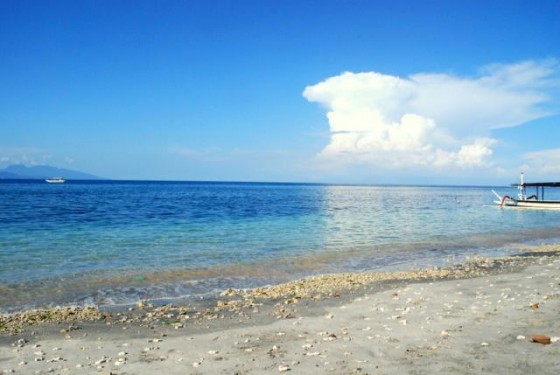
People in Nusa Penida make their living from fishing, seaweed farming and weaving tenun fabric, colored using natural dyes. The sub-district has traditionally been seen as underdeveloped, with limited access to electricity and safe drinking water. However in the past 10 years the island has developed significantly, but in a way that has protected the authentic Balinese culture.
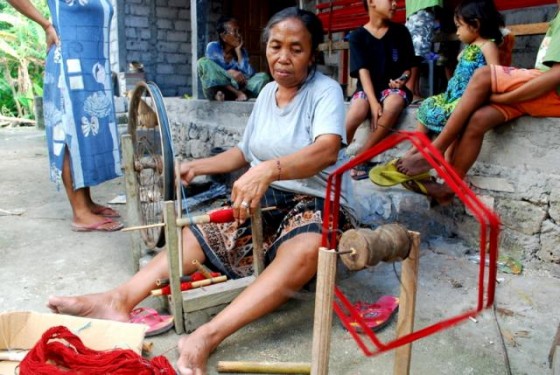
I sent an advance party in Kopernik’s Field Officer Deni Sugiarto, who went a day earlier than me to conduct an impact assessment from an earlier project in the sub-village of Sedehing in Sekartaji village. People in Sedehing depend on rainwater for drinking, as spring water is not accessible on Nusa Penida’s limestone plateau. They usually cook over an open fire or clay stove, which is dangerous and unhealthy.
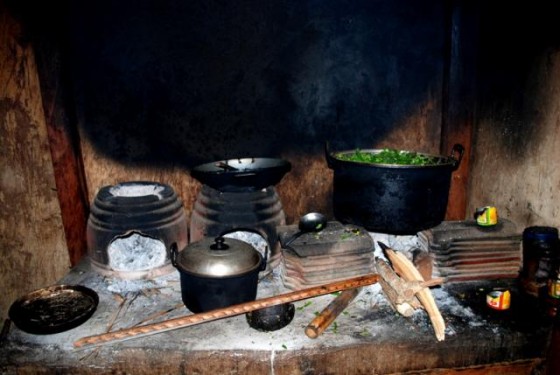
Based on these challenges, we came with technologies that could help improve their lives. I joined Deni the next day, when we visited and interviewed a small shop owner located directly opposite the famous Ped Temple. Pak Gede, the owner, is very keen to make Kopernik technologies available on the island as a Tech Kiosk reseller. Very soon people in Nusa Penida will be able to easily purchase our life-changing technologies through Tech Kiosk Kadek in Desa Ped.
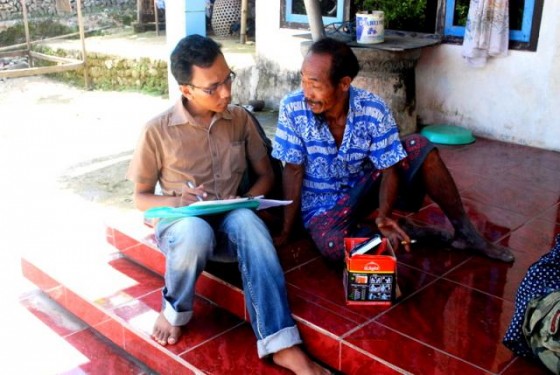
Before leaving the island, we wanted to make a big impression with our exciting technologies by holding a technology fair in the Bodong bale banjar (community meeting space). Approximately 70 people joined us to learn about how simple technologies can improve your well-being, health and everyday life. Our solar light technology grabbed the most attention, as there are frequent blackouts on Nusa Penida. The solar lights are a great back-up lighting source in an emergency, and can also be used for mobile activities at night such as checking on livestock and seaweed farming.
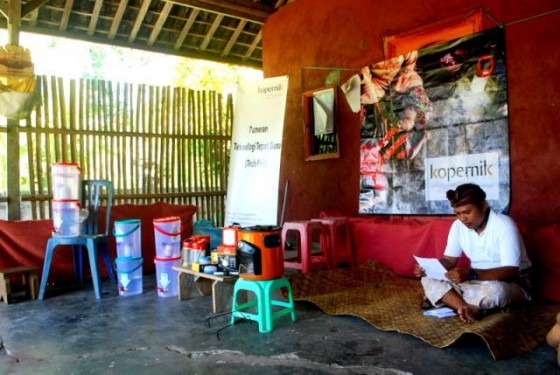
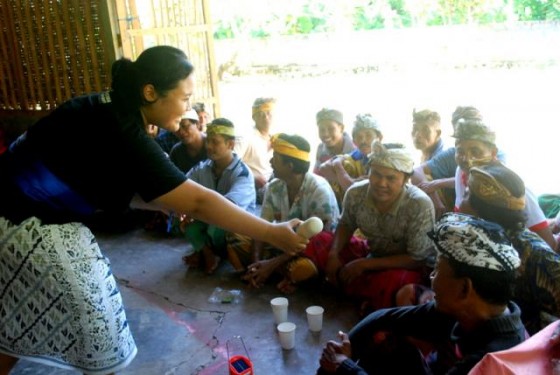
My short yet meaningful trip was definitely one of my most exciting travel experiences, not only because the island itself is heart-robbing, but also because I am so excited about helping the village communities in Nusa Penida with our life-changing technologies.


